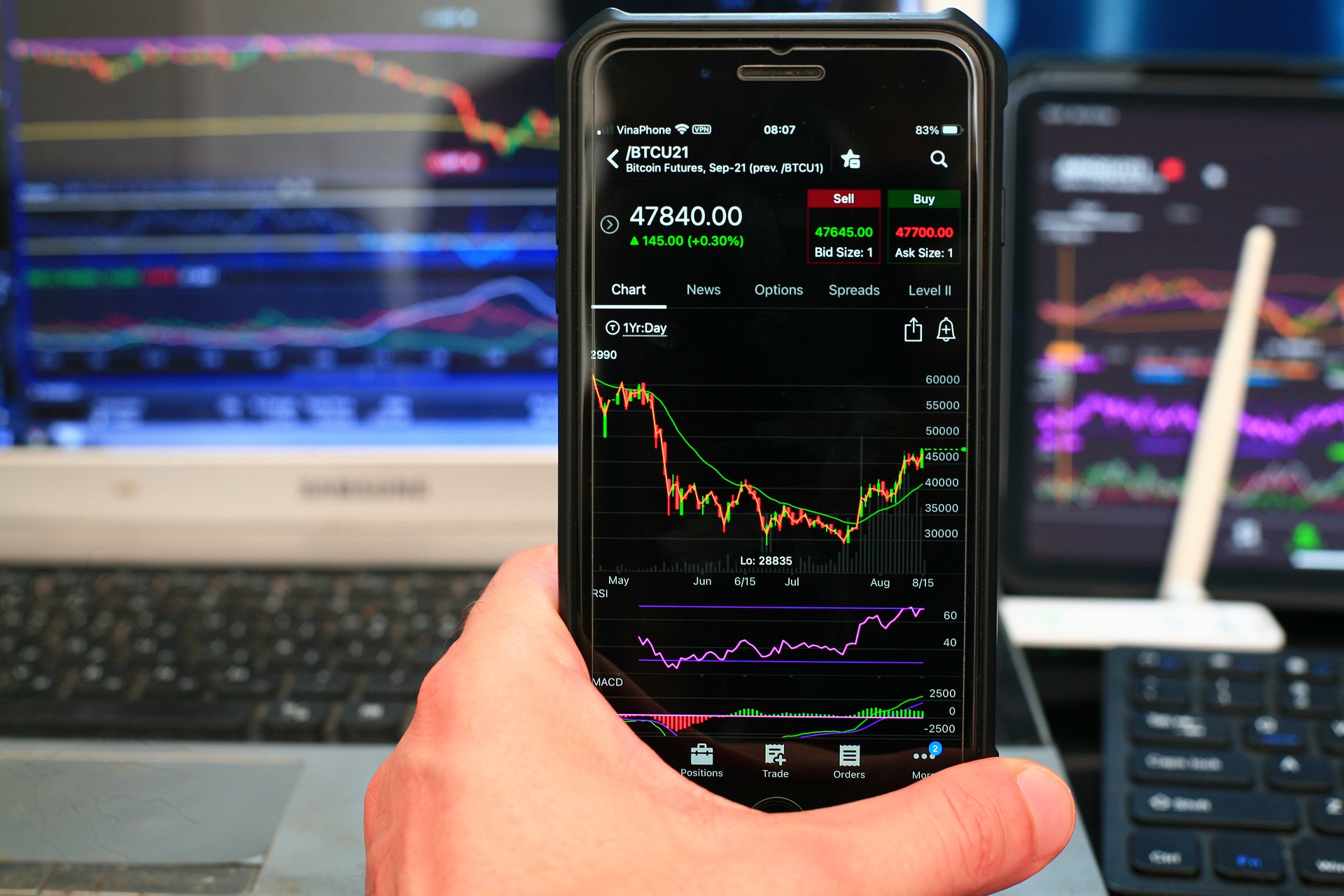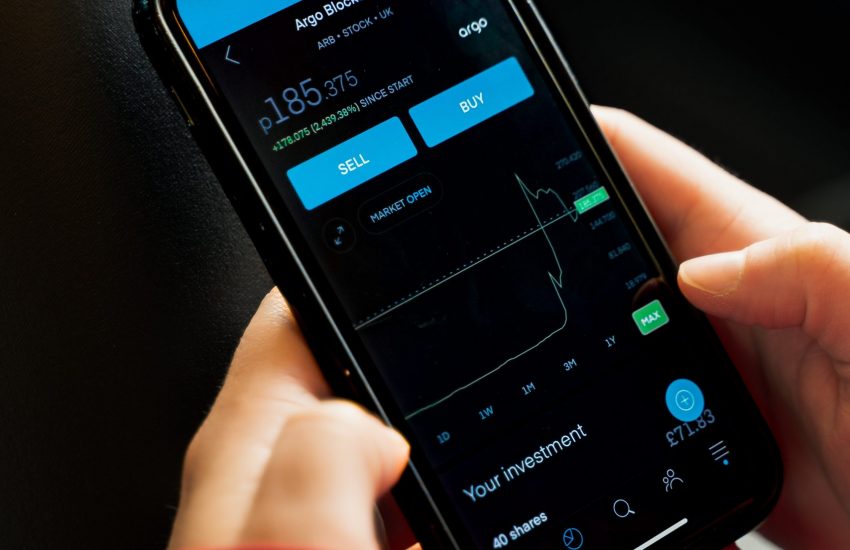What do you need to know before investing in ETFs?
Investing involves a high degree of risk. You could lose all or a substantial amount of your investment. Please ensure to be aware of the risks associated with investing and seek independent financial advice if necessary.
Before investing in ETFs, you need to know what they are, how they work and what benefits (and disadvantages) they offer compared to other investments like stocks and mutual funds.
What are they?
ETFs (Exchange Traded Funds) are a class of funds that track (or “follow”) the performance of an index, commodity or basket of assets like an index fund. You can trade them during the day on stock exchanges. ETFs (unlike index funds) can be bought and sold at any time, just like a stock.
The primary advantage of ETFs is that they allow you to invest in a particular asset or industry without buying all the companies in that sector. For example, if you choose to invest in the gold mining industry instead of purchasing shares from specific miners, an ETF for gold miners will automatically diversify your investment across multiple stocks.
In addition to being traded during market hours, some ETFs can also be traded before market hours on major U.S. exchanges. Before-market trading occurs before formal trading on the exchange and typically ends 30 minutes before the market closes for regular trading.
How do they work?
When you invest in ETFs, your money goes into one or several pools (of the same type of investment). A professional money manager will then buy and sell various investments within those pools to maximise returns. The goal is for every investor’s initial amount to grow over time so that more investors can share in profits.
What types of ETFs exist?
There are many different types of ETFs, each with its unique investments. What makes investing in ETFs so popular is that you can buy or sell at any time during market hours. There are also no minimum investment amounts required for most ETFs.
Examples of Commonly Held ETFs:
- Gold Bullion Securities (IAU) is an exchange-traded certificate representing ownership in physical bullion gold bars. It is widely traded by investors seeking to invest in physical gold through ETFs. You can purchase IAU at any time of the day on major U.S. stock exchanges for under $1,000 per share.
- PowerShares DB Commodity Tracking Fund (DBC) – DBC uses “passive” trading strategies to track an index of different commodities, including precious metals, energy and agricultural products.
- Gold-tracking ETFs are designed for investors who want to hedge the volatile nature of the gold market by diversifying their portfolios. DBC is traded during regular hours on major U.S. exchanges.
Is investing in ETFs right for me?
Although ETFs have a lot of benefits, not every investor will benefit from using them. For example, if you want to earn dividends, this will not be a good fit because there are no dividend-paying ETFs. It’s also worth noting that even though you can buy and sell shares quickly, the money manager will still take some time to reinvest the cash received from investment sales.
Are there disadvantages to investing in ETFs?
The main disadvantage of investing in ETFs is that they are trendy. There might be more people trying to invest than shares available. It may also come with higher fees because of all the extra work by the money manager.
What happens if I decide I want to sell my shares?
If you decide to sell, then place a sell order on your stock exchange. You can do this anytime during market hours, and it will be processed almost immediately. You can also sell your shares on the secondary market. It’s where you try to make a profit by buying and selling ETFs yourself.
The bottom line
ETFs are an easy way to get more diversification without too much hassle. They’re great for investing in asset classes that don’t have mutual funds, like gold, oil or emerging markets. However, they can be pretty expensive if you don’t know what you’re doing because of all the extra work done by the money manager.



